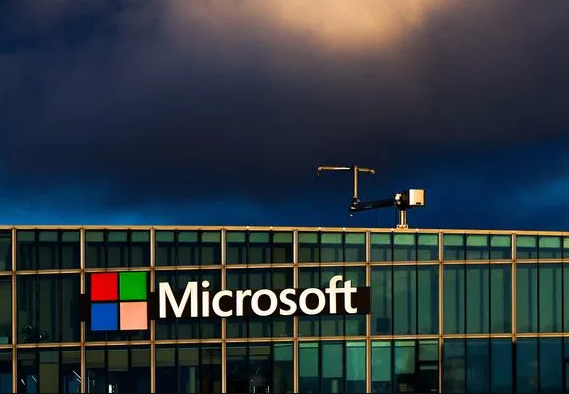Microsoft has avoided a potentially massive antitrust fine from the European Union by officially separating its Teams communication platform from its Office productivity suite. This strategic move comes after years of regulatory scrutiny and pressure from competitors who argued that Microsoft’s bundling practices gave it an unfair advantage in the enterprise software market.
The European Commission began examining Microsoft’s bundling of Teams with its Office 365 and Microsoft 365 products following a formal complaint submitted in 2020 by Slack Technologies, which is now owned by Salesforce. Slack accused Microsoft of using its dominant position in the productivity software space to force Teams adoption by including it as a default, non-removable part of its Office suite, thereby limiting consumer choice and stifling innovation.
In 2023, the European Commission launched a formal investigation, citing concerns that Microsoft may have breached European Union competition rules by tying its products together in a way that disadvantaged competitors. At the heart of the probe was whether Microsoft’s integration of Teams into its broader Office ecosystem was a deliberate strategy to marginalize rivals in the fast growing market for workplace collaboration tools.
To address the Commission’s concerns, Microsoft has implemented a new pricing and packaging structure for its enterprise customers in the European Economic Area and Switzerland. Under the new arrangement, Teams and Office will be sold as standalone products, allowing business customers to choose and purchase each application independently. The changes apply to both new and existing enterprise customers and were quietly rolled out earlier this year.
A Microsoft spokesperson confirmed the changes and said the company is committed to fostering a healthy competitive environment in Europe. “We believe this new approach addresses the concerns raised by the European Commission while continuing to deliver value and flexibility to our customers,” the spokesperson stated.
Regulators in Brussels have welcomed Microsoft’s decision but made it clear that the investigation remains active. A European Commission official noted that while the unbundling is a step in the right direction, the Commission will continue to monitor the implementation and evaluate whether the changes truly level the playing field for competitors in the enterprise software market.
Legal experts say Microsoft’s move is a classic example of a proactive compliance strategy aimed at mitigating legal risk before enforcement action is finalized. Had the company been found in violation of European Union competition laws, it could have faced a fine of up to ten percent of its global annual revenue, potentially amounting to billions of euros.
The decision to unbundle Teams from Office reflects a broader trend of increasing regulatory pressure on major technology firms operating in the European market. The European Union has taken a more aggressive stance in recent years toward digital market regulation, particularly under the Digital Markets Act, which came into force in 2023. The legislation aims to curb monopolistic behavior by so called gatekeeper companies and ensure fair competition across the digital economy.
Market analysts believe the Microsoft case could serve as a precedent for other technology companies that integrate multiple services into a single offering. “This is a signal to the entire tech industry,” said Marianne Keller, a Brussels based competition lawyer. “The European Commission is clearly willing to challenge bundled software packages that it believes harm competition.”
As Microsoft adapts to the regulatory landscape in Europe, the company will likely face ongoing scrutiny from competition authorities in other regions as well. Similar concerns have been raised in the United States and parts of Asia, where regulators are also examining the competitive impacts of software bundling practices.
For now, Microsoft has managed to sidestep a costly fine and maintain its business operations in Europe. However, the broader implications of the unbundling could reshape how enterprise software is packaged and sold across global markets in the years to come.
source: reuters.com
